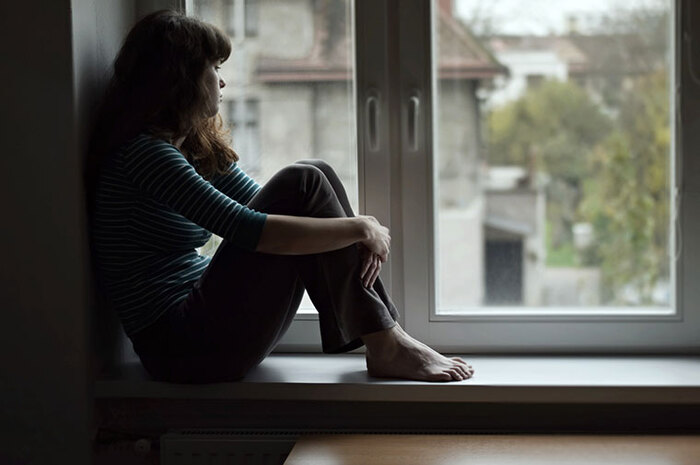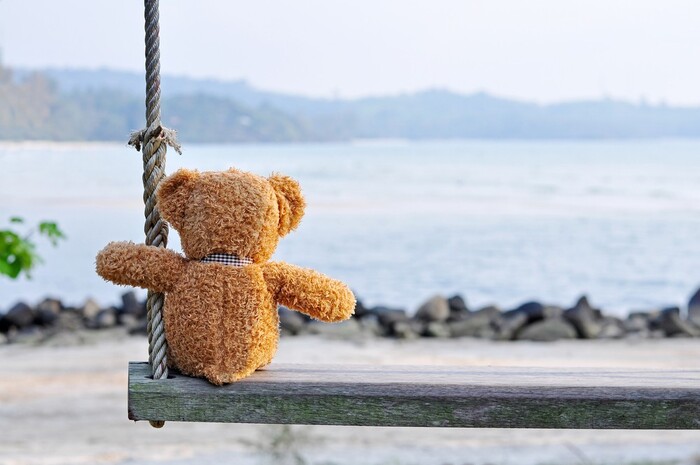Loneliness is both universal and unique human emotion. Feeling sad and lonely is something we all experience at some point in our lives. However, an older adult who feels lonely after the recent loss of their loved one has different needs from a teenager who does not manage to make friends.

Loneliness can lead to significant physical and mental health risks. So, it is important to be familiar with its causes, symptoms, and consequences. Let us delve deeper into the topic and find out together some effective ways of overcoming loneliness.

What Is Loneliness?
Some people use the terms ‘loneliness’ and ’solitude’ interchangeably. Nevertheless, being alone is different from being lonely. Solitude can be voluntary and help people recharge from time to time. On the other hand, a lot of people feel separated, abandoned, and rejected even when they are surrounded by others.

What Are the Symptoms of Loneliness?
If you ask yourself how you can recognize the feeling of loneliness, here is the answer. This state of mind goes hand in hand with high blood pressure, disrupted sleep, loss of exercising and appetite, low self-confidence, social anxiety, and desire to binge-watch. Even though lonely people crave connection, they oftentimes find it hard to initiate contact or make use of opportunities for socialization.

How Does Loneliness Affect Your Health?
If you assume that loneliness simply affects the way you feel, think twice. Yes, loneliness can lead to a constant unpleasant emotional state. Nevertheless, there are numerous other health risks you need to be aware of.

Extreme loneliness increases the risks of an altered brain function, decreased learning, and memory, cardiovascular stroke, antisocial behaviour, substances misuse, depression, and even suicide. In addition, lonely people make poor decisions and experience increased stress levels because they do not benefit from social support.
Healthy Ways to Deal with Loneliness?

#1. Learn to Enjoy Solitude
No matter how extroverted you are, it is important to be able to enjoy solitude, as well. When you are by yourself, you get the chance to get to know yourself better and deepen your self-love.

#2. Deepen Your Connection to Spirituality
Feeling sad and lonely does not feel good. However, it can be perceived as an invitation to surrender to what you have no control over.

#3. Express Yourself Creatively
Painting and other creative forms of expression are great ways to go through sadness and loneliness. And the good news is that you do not need to be the next Picasso to enjoy the benefits of the process.

#4. Help Someone Else
Next, loneliness and depression can easily make you focus on yourself and the things that do not go well in your life. To escape this vicious cycle, we recommend that you think beyond yourself and do voluntary work.

#5. Seek Psychotherapy
If physical activity, spiritual work, creative expression, etc. do not help you deal with loneliness, it might be a good idea to seek professional help. For example, cognitive-behavioural therapy and other modalities can be very useful to prevent chronic or extreme loneliness.


























